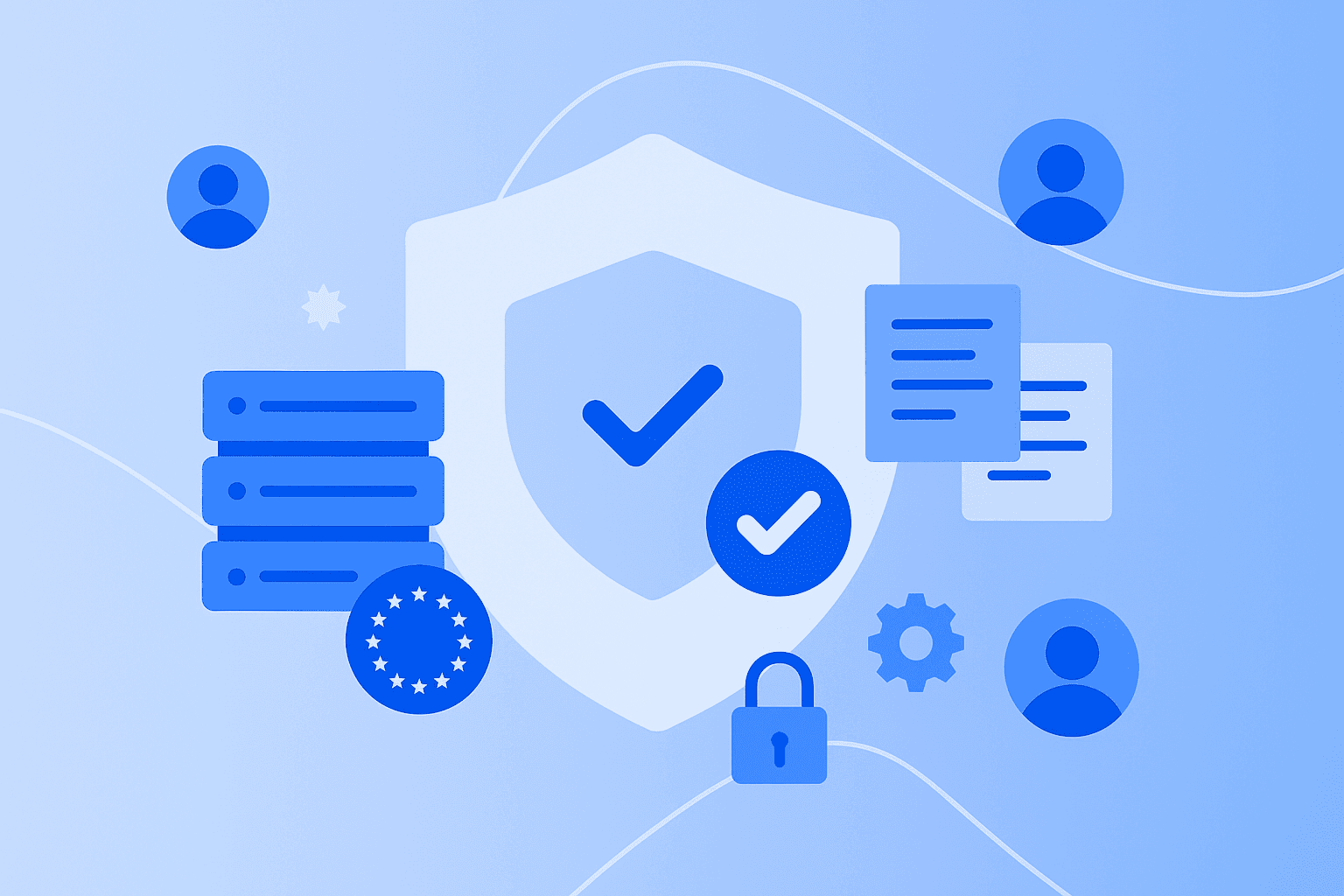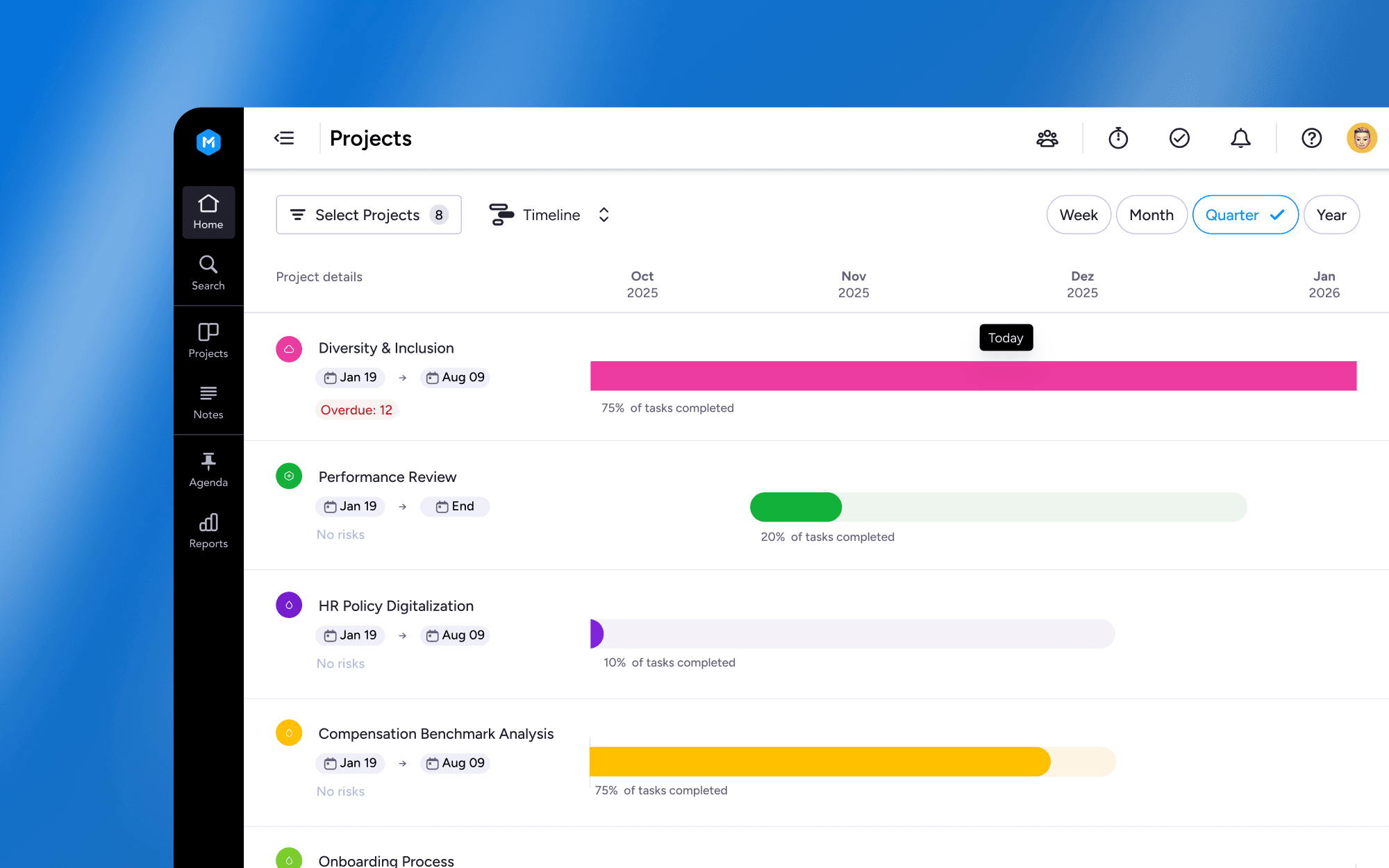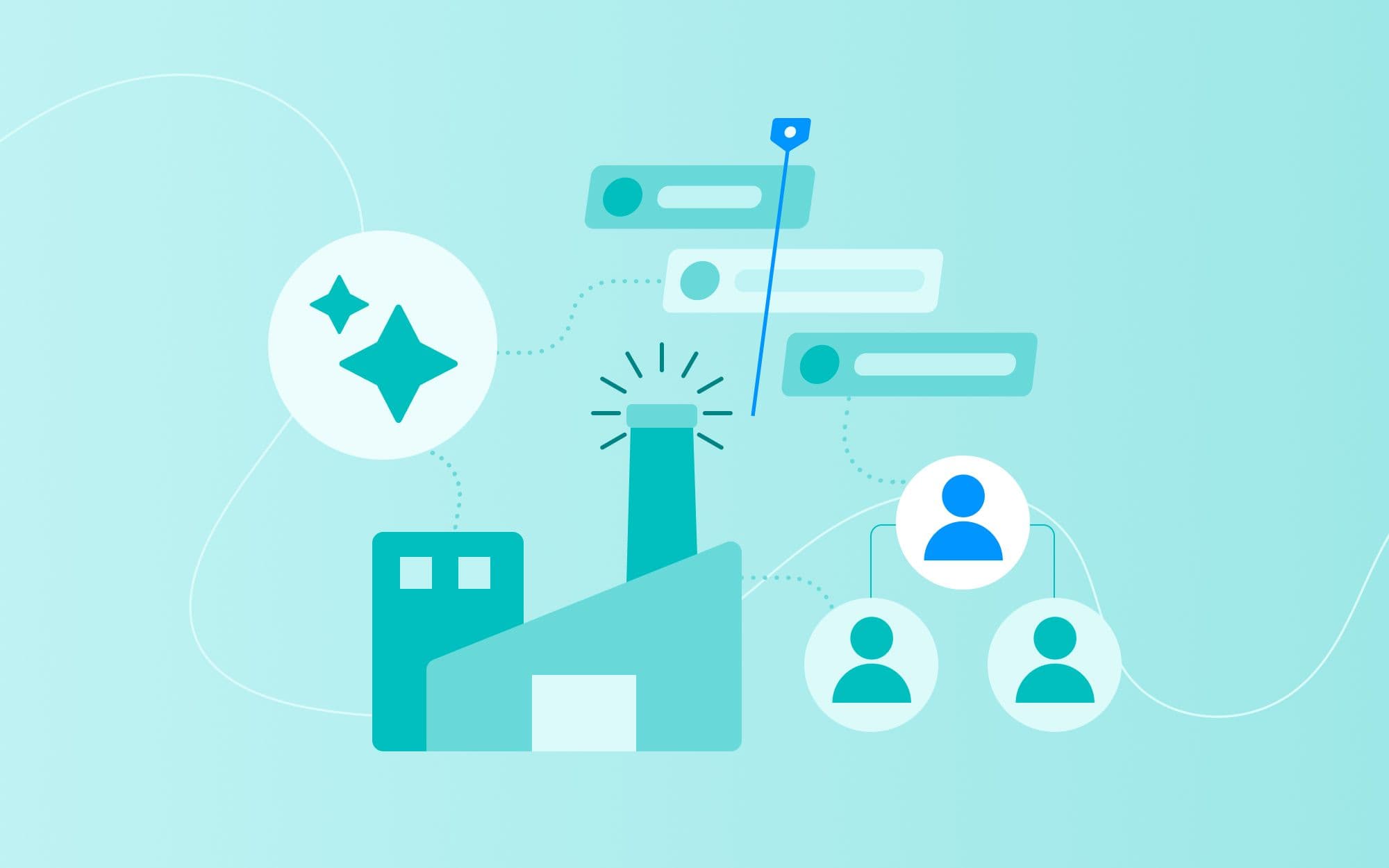Built on European values: transparency, security, trust
Imagine your company’s data as a vault—where would you feel safest storing it? In a country with strict security laws, or somewhere authorities can access it at any time?
The “Made in” label on physical products signals not just origin, but also quality, sustainability, and careful manufacturing. The same applies to data protection. Data protection made in Europe means your data stays in Europe—protected by the world’s strictest privacy regulations.
But it’s about more than just legal compliance. European providers design their solutions with the same values that define European businesses: transparency, responsibility, and trust.
In this article, you’ll learn why it’s not only your software’s server location that matters, but also where your provider is based and which laws apply. Plus, find out how to secure your digital sovereignty and what to watch out for when working with non-European providers.
What does data protection made in Europe really mean?
Data protection made in Europe is based on the conviction that personal data is a fundamental right – not a raw material that can be exploited at will.
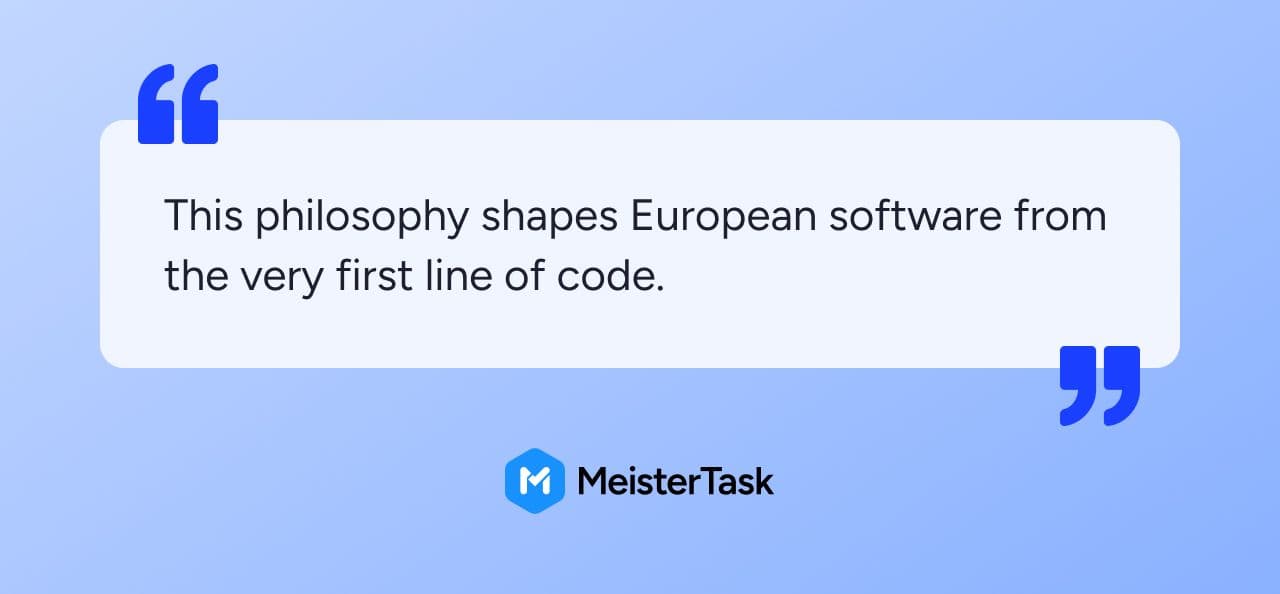
The difference from mere GDPR compliance? Imagine you're building a house. You can retrofit security doors into an open-plan living concept – or you can plan a secure building with thoughtful room layout from the start. European software providers choose the second approach.
The core principles of European data protection philosophy:
Data protection as a fundamental right: Your data belongs to you, not the software provider
Transparency from the beginning: You know exactly what happens to your data
Data sovereignty with you: You decide who has access to your information
Data minimization as standard: Only data that is truly necessary is collected
Why European solutions are more than just GDPR-compliant
Many international providers advertise GDPR compliance. But there's a big difference between "being compliant" and "living data protection." European providers have a decisive advantage: they don't think of data protection as a burdensome obligation, but as a quality feature.
A comparison makes the differences clear:
European Providers
Non-European Providers
Legal Framework
GDPR as foundation
Retroactive adaptation
Server Locations
Often directly in the EU
Often distributed worldwide
Data Access
Only under EU law
Only under EU law
Transparency
Complete documentation
Often only minimum information
Certifications like ISO 27001 confirm these standards. They examine not only technical security but also organizational processes. An ISO-certified provider has demonstrably established robust data protection processes.
EU laws overview: from GDPR to EU AI Act
GDPR focus on data sovereignty
The General Data Protection Regulation (GDPR) has given you back control over your data since 2018. The concept of data sovereignty means: you determine what happens to your information.
Your rights include, among others:
Right of access: You can inquire at any time what data is stored
Right to rectification: You can have incorrect data corrected
Right to erasure: Your data will be deleted upon request
Data portability: You can take your data to other providers
These rights apply to all companies operating in the EU – regardless of where they are headquartered.
Role of the EU AI Act for data protection
The EU AI Act extends data protection into the AI age. As the world's first comprehensive AI regulation, it classifies AI systems into risk categories and establishes transparency obligations. It also requires clear procedures for risk management and human oversight – so that AI remains safe, comprehensible, and trustworthy.
Why is this relevant for you? If your software uses AI – for example, for automatic task assignment or forecasting – additional transparency obligations apply. The EU AI Act requires providers of high-risk AI systems to disclose how they work, so that you as a user can better interpret the results and understand how decisions and data processing come about.
Practical tips for digital work with European software
Data processing and DPA contracts
As soon as you use cloud software as a company or commercially, the provider regularly processes your personal data on your behalf. For this, you need a Data Processing Agreement (DPA). This regulates exactly what the provider may do with your data – and what not.
What you should pay attention to:
Clear purpose limitation: The provider may only use your data for agreed purposes
Technical measures: The contract documents encryption, access controls, and backups
Subprocessors: You know whether and which third parties process your personal data on your behalf
Server location and certifications
The server location influences which data protection law is applied – but it alone is not decisive. The location of the company and its customers is also crucial. Even if a US company operates its servers in Germany, it is still subject to US laws like the Cloud Act. These can allow US authorities access to data – even when it is physically stored in the EU.
How to check the real server location:
Ask the provider directly about specific data centers
Check the privacy policy for precise location information
Pay attention to wording – "primarily in the EU" means: also elsewhere
Certifications like ISO 27001 or BSI Basic Protection show that independent auditors have confirmed the security measures.
Encryption and versioning
End-to-end encryption means: only you and authorized recipients can read data. Even the software provider has no access to your content. It's like a letter in a safe to which only you have the key.
Versioning documents every change. You see who changed what when – and can view earlier versions. This creates transparency and helps with GDPR-compliant documentation.
MeisterTask combines both security features: all data is encrypted during transmission and storage. Versioning shows you the complete history of your projects. With physical servers in Frankfurt and Belgium.
Comparison with US providers and the US Cloud Act
The US Cloud Act of 2018 gives US authorities far-reaching powers. They can demand data from American companies – even if it's stored on European servers.
The main conflicts at a glance:
Access powers: US authorities can demand data access without your knowledge
Confidentiality obligations: Companies often cannot inform you about requests
Legal remedies: As an EU citizen, you have few options to defend yourself
Standard Contractual Clauses and the EU-US Data Privacy Framework create additional security measures that improve data protection with US providers and their subsidiaries. US companies certified under the Framework are considered by the EU Commission as providers with an adequate level of data protection – comparable to GDPR, even though they might gain access to your data in certain cases.
Risks for companies: when data protection becomes a cost trap
Fines for violations
The GDPR imposes severe penalties. Depending on the violation, fines of up to 20 million euros or 4% of global annual turnover threaten – whichever is higher.
Common violations that become expensive:
Missing consents: Sending newsletters without explicit consent
Lack of transparency: Unclear or missing privacy policies
Technical deficiencies: Unencrypted data transmission or missing access control
Ignored data subject rights: Not processing or processing deletion requests too late
Reputational damage
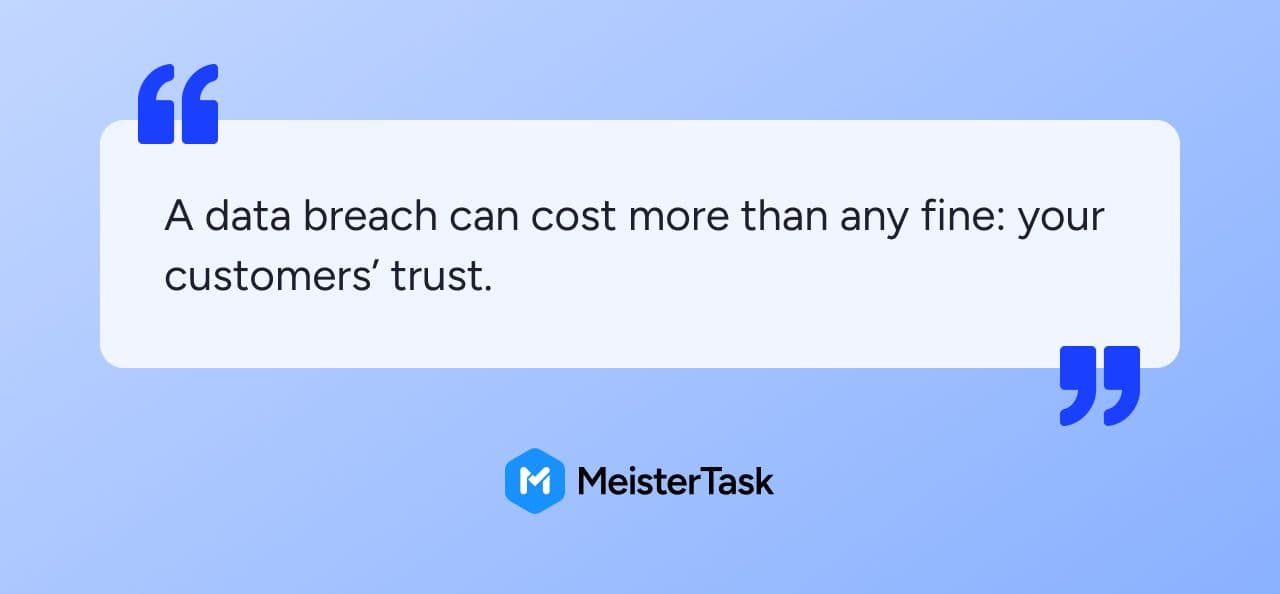
Studies show that companies often struggle with image damage for years after data protection incidents.
The consequences are far-reaching:
Customer loss: Those affected switch to competitors
New customer problems: Negative reports deter prospects
Partner concerns: Business partners question cooperation
Working together more securely with MeisterTask
Regional is brilliant – this also applies to your business software. Choosing European providers gives you legal security and shows that you take data protection seriously.
MeisterTask embodies these European values in practice. The platform combines intuitive project management with uncompromising data protection:
EU servers: Your data stays in Germany and Belgium
Encryption: All transmissions are end-to-end protected
Transparency: German privacy policy and clear DPA contracts
Certifications: ISO 27001 confirms security standards
This combination makes GDPR-compliant work simple. Your teams work seamlessly together while you can rely on legal security.
